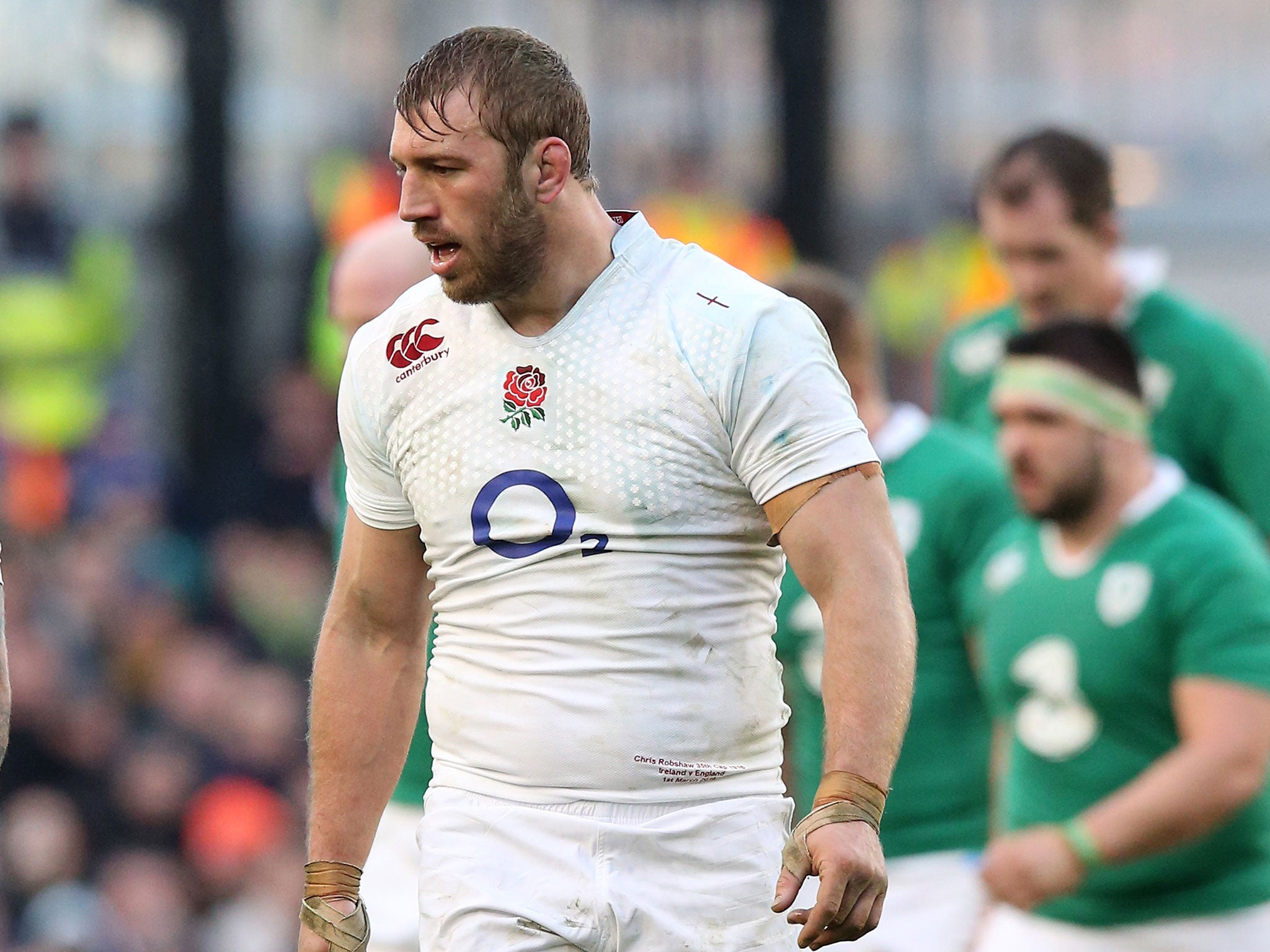Ireland vs England: Andy Farrell pays Irish credit after Six Nations championship hopes hit the buffers
Ireland 19 England 9

Your support helps us to tell the story
From reproductive rights to climate change to Big Tech, The Independent is on the ground when the story is developing. Whether it's investigating the financials of Elon Musk's pro-Trump PAC or producing our latest documentary, 'The A Word', which shines a light on the American women fighting for reproductive rights, we know how important it is to parse out the facts from the messaging.
At such a critical moment in US history, we need reporters on the ground. Your donation allows us to keep sending journalists to speak to both sides of the story.
The Independent is trusted by Americans across the entire political spectrum. And unlike many other quality news outlets, we choose not to lock Americans out of our reporting and analysis with paywalls. We believe quality journalism should be available to everyone, paid for by those who can afford it.
Your support makes all the difference.Andy Farrell did not quite say that England’s inexperience in the back division lay at the heart of their most debilitating Six Nations defeat since the Grand Slam leathering in Wales in 2013: the red-rose coach with direct responsibility for the unit outside the scrum preferred to credit the brilliant Ireland playmakers Conor Murray and Jonathan Sexton instead. But, in truth, the two went hand in hand.
“I want to pay the Irish a lot of credit,” said Farrell, who worked with both green-shirted tacticians on the triumphant Lions tour of Australia almost two years ago. “Their kicking game was exceptional, outstanding, bang on the money. It was taking us 10 minutes to get out of our half.”
But behind closed doors an awful lot will be said about the ways and means of nullifying the kind of aerial strategy that lay at the heart of Ireland’s game. Neither of England’s remaining opponents in this championship, Scotland and France, are likely to hurt them as badly with the boot as Murray and Sexton did yesterday, but come World Cup time in September both Wales and Australia will have all the requisite weaponry.
Had he been really blunt during the after-match public formalities, Farrell would surely have highlighted the defensive deficiencies of his wings, Anthony Watson and Jack Nowell, under the high ball. He might also have mentioned that while the full-back Alex Goode looked more secure in this crucially important theatre of action, it was he who lost out to Robbie Henshaw as Ireland scored the game’s only try.
WATCH: Henshaw crosses the line
It was Farrell’s boss, head coach Stuart Lancaster, who pointed out the frailties of a back line short of know-how when it comes to chiselling out victories in one of the sport’s more hostile environments. “A lot of our lads hadn’t performed here before today,” he said. “On these occasions, it’s not all about playing free-flowing rugby.
“I felt we dealt quite well with a lot of the Irish threat, but there were 44 kicks from them in open field and we didn’t nail every one of them. They were smart in the way they did it: they have a lot of players who are good in the air and when they have the high ball in front of them many of those contests are going to be at least 50-50 and probably 60-40. We were under no illusions as to how difficult it would be and, sure enough, Ireland managed the game well.”
Lancaster was at pains to point out that England are still in the shake-up for a first Six Nations title under his stewardship after three runners-up finishes. “We have two home matches left, Ireland have two away and Wales are still in the hunt and play them next in Cardiff, which will be a very big game,” he said. “There are very few Grand Slams. In the majority of tournaments, the winning team loses once.”
Join our commenting forum
Join thought-provoking conversations, follow other Independent readers and see their replies
Comments